Graham Reid | | 3 min read
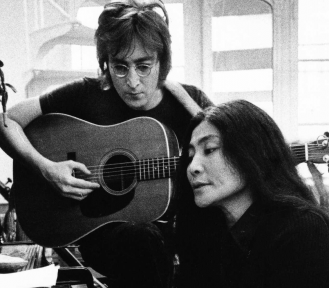
There have been a few voices raised against this documentary which nominally features John Lennon's performance (with Yoko Ono and the Elephant's Memory Band) in New York's Madison Square Garden in August 1972.
The complaints are that the live performance – Lennon's only full concert performance after the break-up of the Beatles – is fragmented by intrusive and diversionary period footage from news clips, television advertisements, phone call audio, Vietnam and street protest.
It relegates Lennon to being a bit part in a movie under his name.
Some have also felt that it is further myth-building to burnish the singer's role as an activist and peace advocate.
It may well be all of that, but One to One reflects through a kaleidoscope just how tumultuous that period was in American politics where Lennon stepped into the militant counterculture – often with naivety – in the company of people like Jerry Rubin.
It may be that the directors wanted to invoke the jaded spirit of the 1968 Rolling Stones' film Sympathy for the Devil where director Jean-Luc Godard pretentiously mashed up the Stones recording in the studio with staged footage of Black Panthers, political diatribes and weird montages of Nazi paraphernalia and more.
 If that was the One to One directors' template it was a poor choice: the Stones film is bloody awful.
If that was the One to One directors' template it was a poor choice: the Stones film is bloody awful.
But taken as we find it, One to One – especially for those who lived through those times – does capture the volatile years when rock musicians became the voice of dissent for a generation of young Americans who didn't want to be shipped off to Vietnam, had lost faith in the political system, were rightly cynical about the Republican Party, FBI and CIA, and were seething from the failure of the whole peace and love vibe of the previous years.
1967 may have been the year of the hippies but 1968 was the year of assassinations (MLK, RFK) and violence.
Then there was the Black Panther Party, Yippies, Weathermen, the killings at Attica State prison, the shootings of Gov George Wallace and many Panthers and more.
This was the milieu Lennon and Ono stepped into when they quit England – notably Lennon's massive estate – and holed up in a two room apartment in downtown New York.
As Lennon and Ono escaped the derision and controversy in Britain (racist hatred for Ono who was characterised as the woman who broke up the Beatles and was using Lennon as a stepping stone for her own career) they were a magnet for people like Rubin.
But there was the biggest pop star in the world talking on television and radio about radical politics and left-wing ideals, and writing songs – mostly pretty awful – to carry the message more widely. Music was his vehicle and because he loved commercial television he could craft slogans. Just the headlines, like Give Peace a Chance.
When he tried to drill down deeper – the Sometime in New York City album which followed – the songs became diatribes which dated immediately the moment or event had passed.
Here too however are scenes much more domestic and personal: notably Yoko trying to be reunited with her daughter Kyoko who had disappeared with her father. Yoko singing “stolen, stolen” over and over at the concert is one of the most visceral performances in the film.
One of the more amusing pieces is their assistant May Pang trying to source hundreds of flies for one of Yoko's art films.
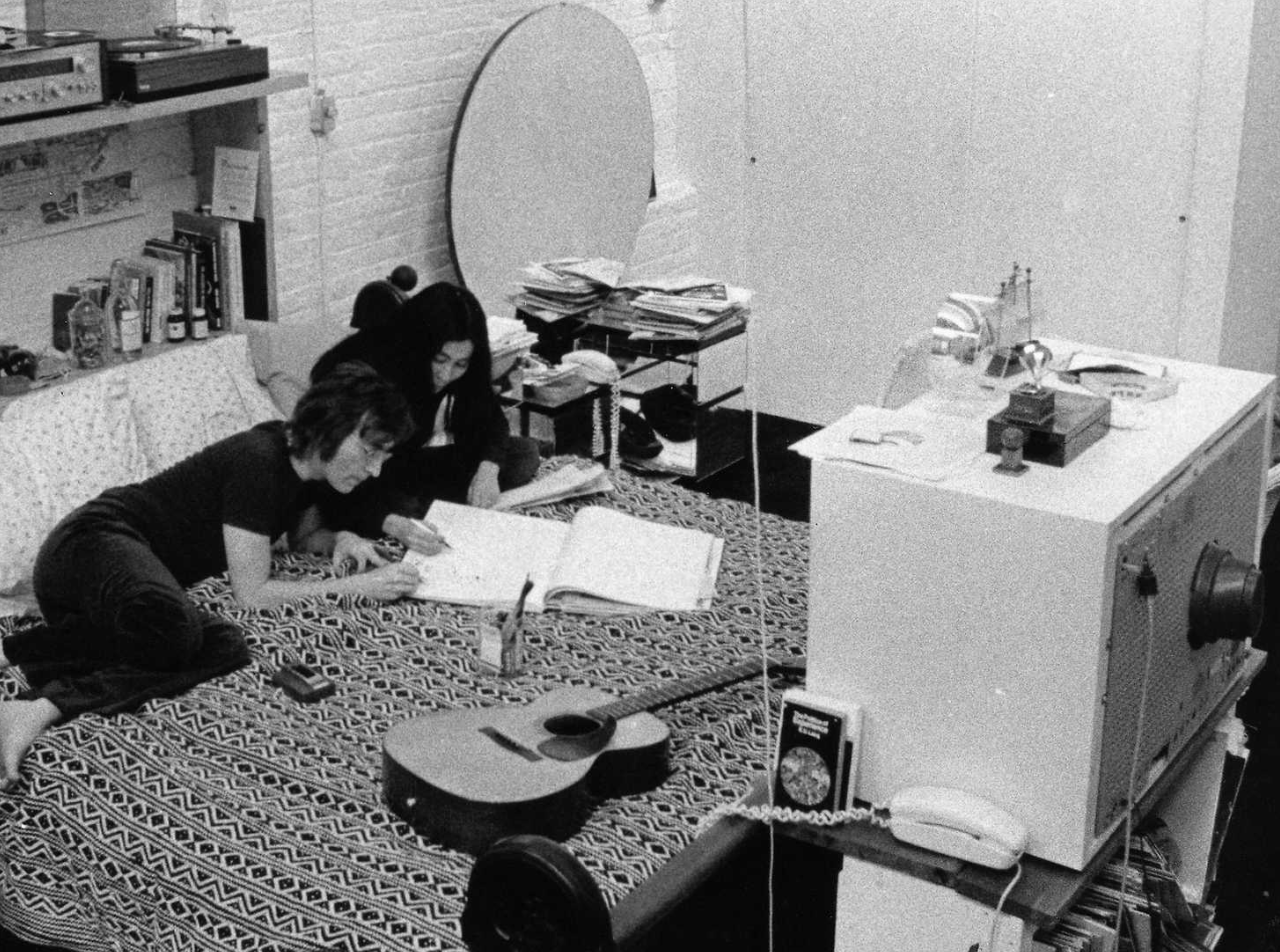 So One to One may be a cut-up of period footage, audio bites, images where the facile nature of television ads collides with the reality of street violence and Vietnam, and more.
So One to One may be a cut-up of period footage, audio bites, images where the facile nature of television ads collides with the reality of street violence and Vietnam, and more.
But it does convey the sprit of the times, and woven through is footage of Lennon live and committed at a concert which was raising funds for children with intellectual disabilities at a school on Staten Island.
His head may have sometimes been a bit addled by the white-heat crucible of American politics but his heart was in the right place.
And there are some terrific songs like Instant Karma and Come Together.
If you weren't around at the time, One to One carries considerable heft in terms of counterculture protest, opinions and, remarkably, how the sheer force of Lennon's reputation, personality, humour and sincerity managed to get outsider voices into mainstream media at the time.
.
One to One: John and Yoko screens in the New Zealand International Film Festival, July 31-September 10. Dates and locations here

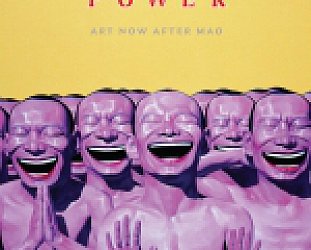
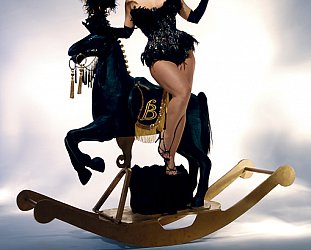
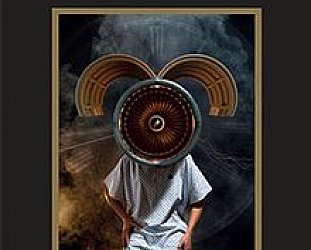
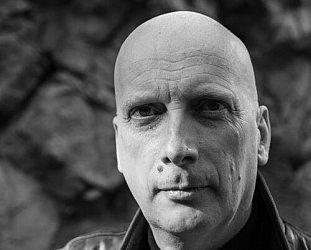
post a comment